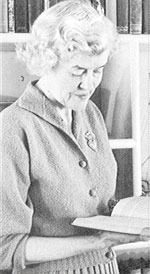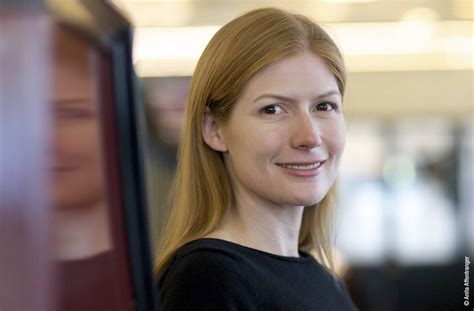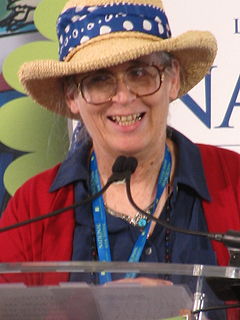A Quote by Margaret Craven
Here every bird and fish knew its course. Every tree had its own place upon this earth. Only man had lost his way.
Related Quotes
He was about to go home, about to return to the place where he had had a family. It was in Godric’s Hollow that, but for Voldemort, he would have grown up and spent every school holiday. He could have invited friends to his house. . . . He might even have had brothers and sisters. . . . It would have been his mother who had made his seventeenth birthday cake. The life he had lost had hardly ever seemed so real to him as at this moment, when he knew he was about to see the place where it had been taken from him.
He had drawn many a thousand of these rations in prisons and camps, and though he'd never had an opportunity to weight them on scales, and although, being a man of timid nature, he knew no way of standing up for his rights, he, like every other prisoner, had discovered long ago that honest weight was never to be found in the bread-cutting. There was short weight in every ration. The only point was how short. So every day you took a look to soothe your soul - today, maybe, they haven't snitched any.
A man follows the path laid out for him. He does his duty to God and his King. He does what he must do, not what pleases him. God's truth, boy, what kind of world would this be if every man did what pleased him alone? Who would plough the fields and reap the harvest, if every man had the right to say, 'I don't want to do that.' In this world there is a place for every man, but every man must know his place.
His face set in grim determination, Richard slogged ahead, his fingers reaching up to touch the tooth under his shirt. Loneliness, deeper than he had never known, sagged his shoulders. All his friends were lost to him. He knew now that his life was not his own. It belonged to his duty, to his task. He was the Seeker. Nothing more. Nothing less. Not his own man, but a pawn to be used by others. A tool, same as his sword, to help others, that they might have the life he had only glimpsed for a twinkling. He was no different from the dark things in the boundary. A bringer of death.
Where man had been, in every place he left, garbage remained. Even in his pursuit of the ultimate truth and quest for his God, he produced garbage. By his garbage, which lay stratum upon stratum, he could always - one had only to dig - be known. For more long-lived than man is his refuse. Garbage alone lives after him.
Now when I had mastered the language of this water, and had come to know every trifling feature that bordered the great river as familiarly as I knew the letters of the alphabet, I had made a valuable acquisition. But I had lost something, too. I had lost something which could never be restored me while I lived. All the grace, the beauty, the poetry, had gone out of the majestic river!
When they started to drain a swamp where birds and fish had lived, for a new housing development down the road from his apartment, Steven watched the protests and the preparations with interest. The bird people were furious, the developers unmovable, and Steven was filled with relief that the fight wasn't his. Nothing here was his... He thought there should have been something sad about how little he was tied up with the place, but instead it felt like freedom. He was free because it wasn't his water here, and they weren't his fish.
A tree is alive, and thus it is always more than you can see. Roots to leaves, yes-those you can, in part, see. But it is more-it is the lichens and moss and ferns that grow on its bark, the life too small to see that lives among its roots, a community we know of, but do not think on. It is every fly and bee and beetle that uses it for shelter or food, every bird that nests in its branches. Every one an individual, and yet every one part of the tree, and the tree part of every one.


































